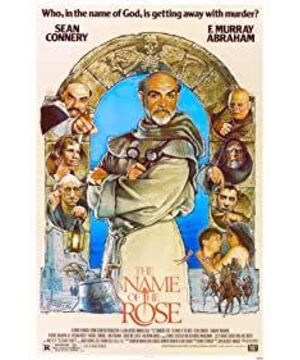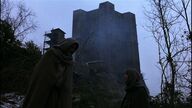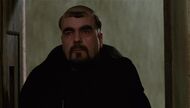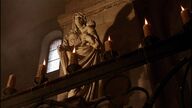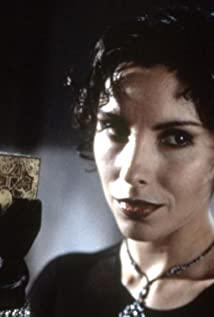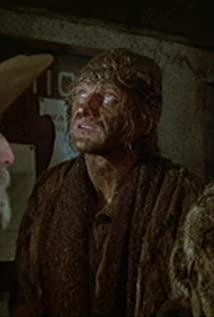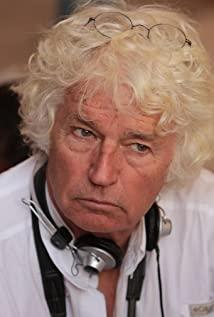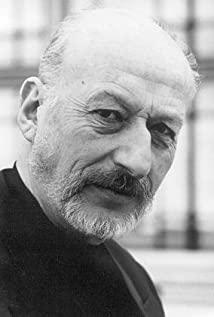The medieval scene attracted me like a fascination, the deserted mountains of northern Italy, the snow-capped slopes, the pristine monasteries, the sackcloth of the Franciscan monks, the costumes of the Benedicians, and the procedures of the Inquisition. The protagonist of the film, William, is one of the spiritual leaders of the Franciscans. He came to the monastery as a special envoy to secretly visit the bizarre death in the monastery. The film is unfolded during the gradual dissection of the case by him and his young assistant Adso.
There is a great man in the movie, the protagonist William, who used to serve as a special envoy of the religious court to protect the heretics in a sentence and incur religious punishment and imprisonment. He firmly believes that science, history, and culture coexist with God, have an inclusive spirit, and are the embodiment of truth. This monastery is actually a great Christian library in history. There are many so-called banned books, which are books with other wisdom that do not match the tastes of religious leaders. The climax of the movie was the fire in the library, which was actually ignited by the bishop himself, because the bishop knew that these books could not be circulated, just like the bishop himself said in the fire that "laughter is not at fault" and "suspicion is Enemies of faith"-------
There is a love story in the movie, because Adesso is still young, and there is lust and love in this outside world. I like the ending part of the movie. Although it may not be consistent with the original, it is an adaptation of the vulgar production, but I like the ending, although it is not true.
The movie is narrated in the tone of the memoirs of William's young assistant Adso. At the end of the movie, one person riding on the trail in the winter mist and looking back at the camera, followed by the vast mountains and the melancholy of the old Adso: "This is my only love in the world. When I think about it now, Faces appeared before my eyes, but the girl’s face was the clearest, and I often dreamed of her."
View more about The Name of the Rose reviews


